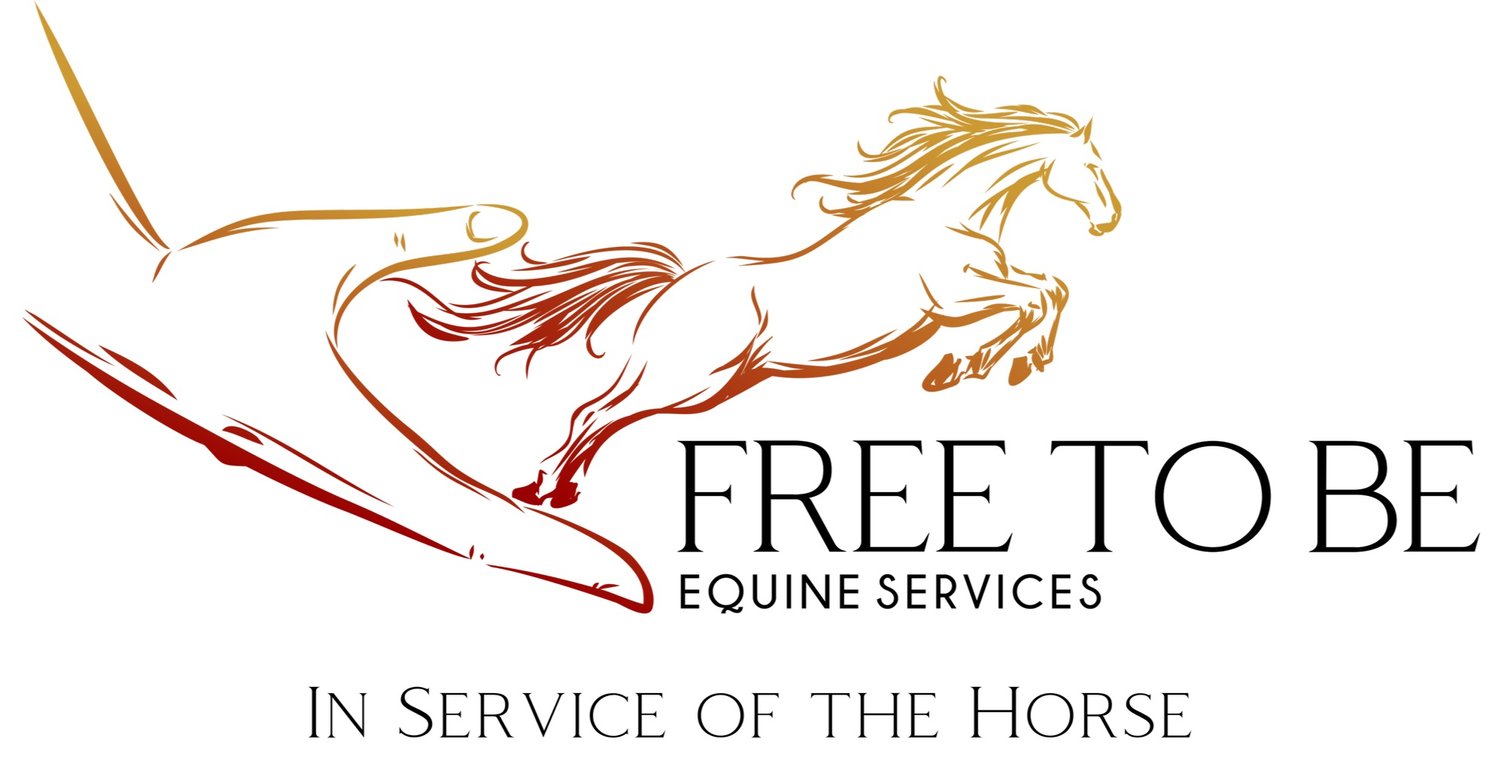There is nothing more disheartening as a practitioner than when you feel you have failed your client by being unable to fix a problem. The word "fix" is already problematic; as equine therapists and bodyworkers, we are there to support, bring comfort, and improve upon the physical and emotional wellbeing of the horses that we work with. However, there is often an expectation that we are there to "fix problems" and "solve issues". I'm sure we have all experienced coming up against that expectation, and clients giving up on our services when we don't meet it.
On the flip side, we do often bring about profound improvements for horses and their wellbeing through our work. That is incredibly rewarding, and why we do what we do. When this happens, I find that a lot of those high expectations are then placed on ourselves, by ourselves. If we helped this horse to such a massive degree, why can't we do that for all of the horses that we see?
There are many countless reasons why we may not be able to solve a horse's problems. It may be beyond our scope as equine therapists, such as a root cause lying in a medical problem, nutrition imbalance, hoof dysfunction, poor tack fit, training issue, past trauma or injury, or mismanaged lifestyle. In my experience, this is the most common. Bodies are not compartmentalized machines, and every internal and external aspect of their health and lifestyle is connected to how they will feel in their body. As practitioners who often see our clients' horses regularly, we have the ability to often recognize some of these issues early and guide our clients to other resources or professionals who can address them. Unfortunately, our guidance is not always heard or taken seriously, and this contributes to being unable to solve an issue for our clients.
Compliance from our clients is another common reason that we find ourselves unable to help horses to the degree that we want to. This manifests as not addressing those root causes I mentioned in the previous paragraph, not making positive changes to support the horse's health and creating a species-appropriate lifestyle, not consistently working through recommended exercises, and even issues with scheduling additional appointments. Scheduling issues can be due to financial reasons, time commitments, and misplaced expectations of timelines. It can also be a challenge due to lack of access to practitioners. It is extremely rare that a few bodywork sessions will be enough to unwind layers of tensions and dysfunctions, or even uncover everything that needs to be addressed. But when clients don't understand that consistency and follow-up appointments are necessary, they are usually disappointed when a couple of sessions don't solve a lifetime of compounded issues for the horse.
The point that I want to drive home with this post is two-fold. Firstly, I want to make sure that all the equine therapists and other caregivers reading this understand that regardless of whether we solve the countless reasons that horses may not be feeling their best, we are still helping. We are listening to the horse. We are listening to the tissues. We are listening to the owners. We are working with horses with an intention of bringing comfort and a sense of safety. These are highly valuable attributes that not every handler or practitioner is bringing to their time spent with horses. Offering this compassionate approach, and doing our best to translate what the horses are telling us, is important work. You cannot control what choices other humans make. But you are making a difference, and building upon that horse's journey to greater comfort and function, even if you are only adding a few new bricks to the foundation.
Secondly, I want to recognize just how many horse stewards out there are doing their absolute best by their horses. They are learning, they are growing, they are building care teams around their horses, and they are listening to advice and making positive changes. Solving problems for our horses, especially complex problems, is not linear, and it involves a lot of ups and downs, progress that stalls, creativity and flexibility, an open mind, and trust in our practitioners. Sometimes it involves acceptance of the fact that not everything can be fixed, and sometimes we need to shift our goals to support instead.
So to my dear fellow practitioners and caregivers, please give yourself some grace. I know it can be a very thankless career, and I want you to know that you are seen, understood, and you are not alone.

